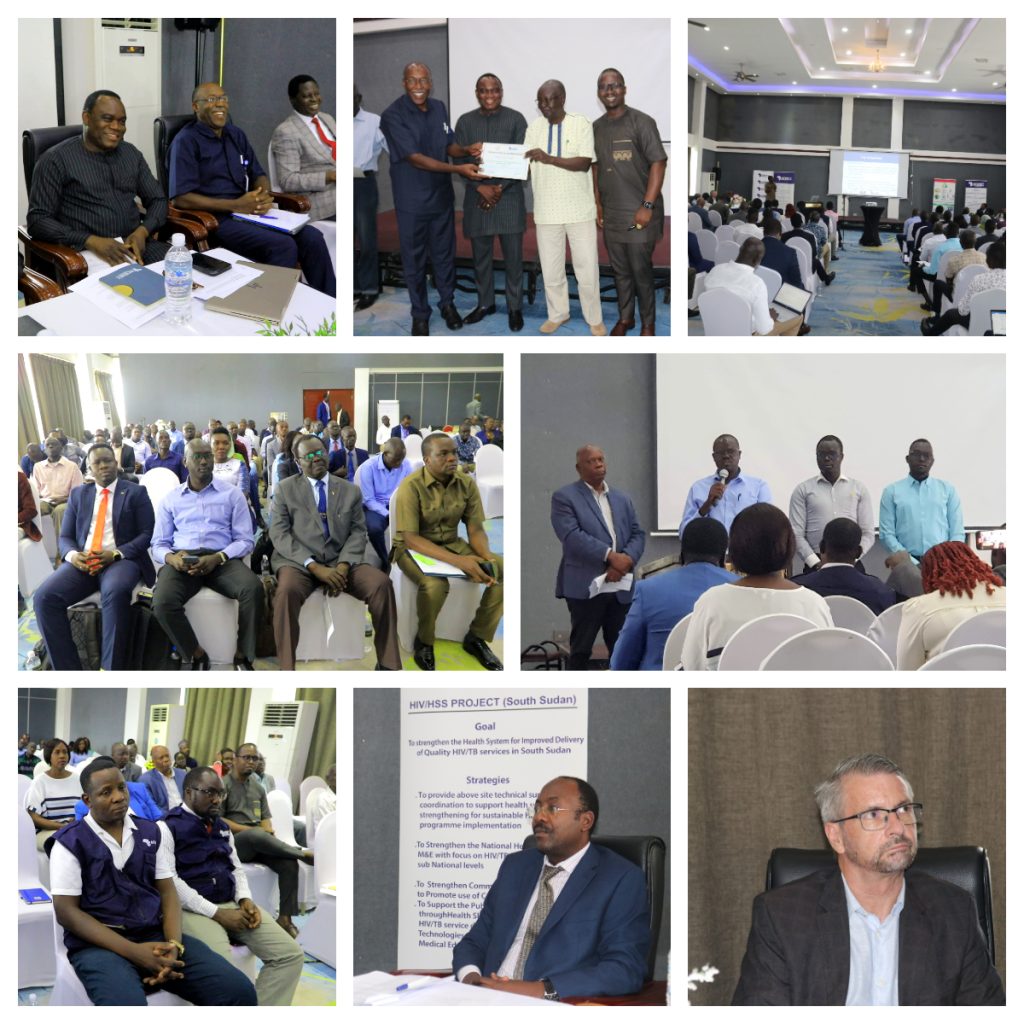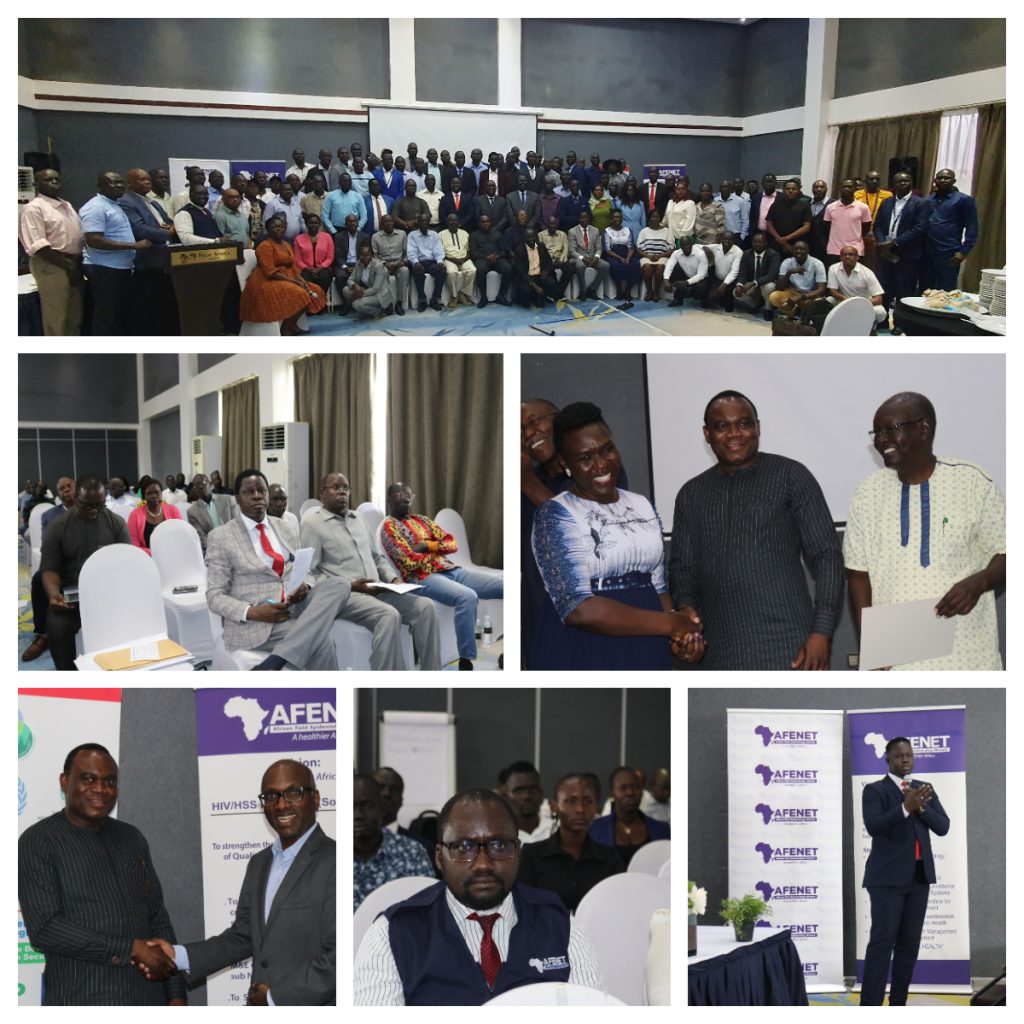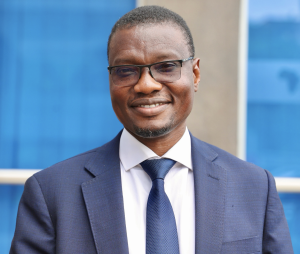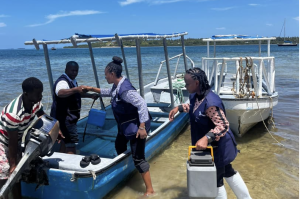One Health multi-sectoral frontline FETP cohort graduates in South Sudan
-
by
AFENET


Twenty-two residents of South Sudan’s inaugural One Health (OH) Frontline Field Epidemiology Training Program (FETP) cohort and 12 Cohort 6 counterparts graduated on 6 June 2024, in Juba.
According to Dr Gildo Okure, the South Sudan FETP Resident Advisor, the One Health tailored cohort aimed to enhance multisectoral training in field epidemiology. He explained: “The aim was to apply One Health concepts and principles to strengthen surveillance, support collaborative outbreak investigations and response, strengthen laboratory investigations, and promote stronger multisectoral collaboration across OH sectors.”
The OH Frontline-FETP cohort, Dr Gildo explained, was one of six country pilots supported by the US Centers for Disease Control and Prevention aimed at informing the integration of OH in FETPs. The other pilot countries include Ecuador, Georgia, Iraq, Cameroon, and Kenya.
The 22 OH graduates in addition to their 138 counterparts from the earlier six regular Frontline-FETP cohorts now cuts South Sudan’s deficit of 465 frontline FETP trained public health officers to 305. At the senior level, the country has a deficit of 66 epidemiologists trained either on Intermediate or Advanced level FETP. As per the World Health Organization’s Joint External Evaluation (JEE) tool, part of the International Health Regulations (IHR, 2005) monitoring and evaluation framework, in terms of health workforce development, countries require an “optimal target for surveillance of one trained field epidemiologist (or equivalent) per 200,000 population.
Speaking at the OH graduation ceremony, the Director AFENET, Dr Simon Antara who commended CDC and other development partners, espoused partnerships, describing these as the bedrock for human progress throughout human history.
“In health the eradication of smallpox, the progress the world has made with polio and the guinea worm eradication, the tremendous effect that PEPFAR has made, all these interventions have leveraged the power and the synergy of partnership. Partnership is so powerful and that is why, we at the AFENET, the largest network of FETPs in the world, are very excited about the impactful partnership here in South Sudan. This is partnership that has done a lot, a partnership that has impacted lives, a partnership that has impacted the social economic activities of the country. And I am very grateful to the government and people of South Sudan for the opportunity for us at AFENET to be part of this transformative partnership.”
The out-going CDC Country Director for South Sudan, Dr Sudhir Bunga, pledged his agency’s continued technical assistance and mobilisation of partners to support the FETP. This was re-echoed by Dr William Mbabazi, who represented the World Health Organization country representative to South Sudan, equally pledging cooperation from the UN’s top health agency towards building the country’s public health capacity. The Coordination Advisor for the UNDP Global Fund Program Dr. Russell Armstrong pledged additional financial support to the pioneer intermediate FETP in the country.
Representing the health ministry, Dr Samson Paul Baba, special advisor to the Minister of Health urged the newly trained frontline field epidemiologists to repay the investment by putting to practice the knowledge and skills gained during their respective training.
To the OH frontliners, the trained instilled in them an understanding of the interconnectedness of human, animal, and environmental health, at a critical time of emerging and e-emerging health threats and zoonotic diseases.
“The world is facing unprecedented health crises, from pandemics to climate change, and the need for skilled field epidemiologists has never been greater. But I am confident that we are up to the task. Armed with the knowledge and skills we have gained, and driven by a passion for public health, we are ready to make a difference,” OH Cohort Lead Santino Ngong Garang, said on behalf of his colleagues



